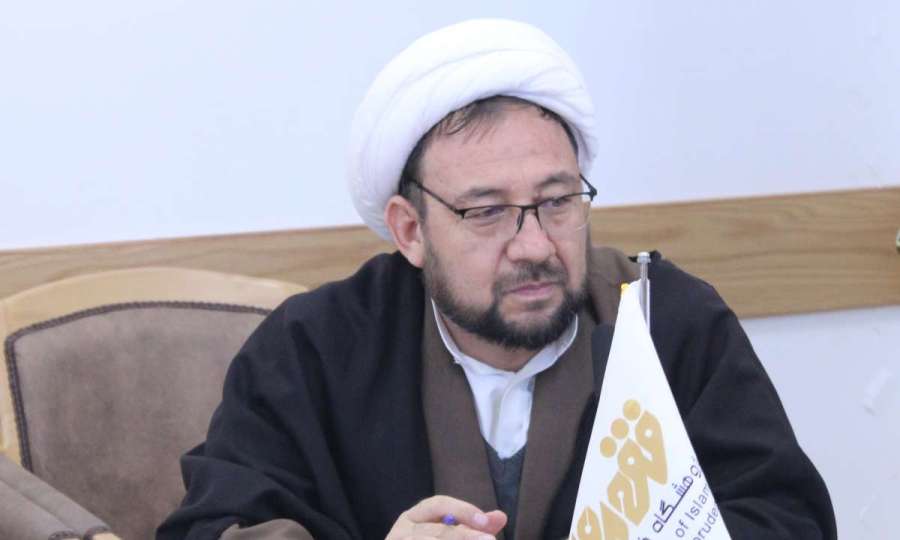Note: Citizenship rights is an old term that has been around for many years. On the contrary, urbanization is a product of modernity and expansion of urbanization. In the words of jurists and jurists, however, these two terms are often confused and used interchangeably. Hojjat al-Islam, Dr. Ali Sharifi, professor of Jamiat al-Mustafi, in this note, seeks to analyze the exact differences between these two legal terms.
Citizen rights have been defined as a set of rights that arise for a person due to his membership in a political community. The basis of these rights can be nature, God or social contract; But its core is citizenship, in the sense that people, in the sense that they gain membership in the political community, naturally or based on the social contract, have a set of rights that the government institution is expected to respect and Also from other citizens. The most important rights that must be observed are undoubtedly the rights that are known today as the first generation of human rights. The rights of the second, third and fourth generations are also important, but in their essence, they are subject to one condition, and that is that the government has the ability to do it. Therefore, the rights of the first generation, due to the fact that they are negative rights and the government is only asked not to violate them, do not depend on the ability, and they must be respected anyway, but the rights of the next generations, such as economic and cultural rights, since they put a burden on the government, the government must be able to fulfill them. have them
If the aforementioned rights have been granted by God, the issue is completely dependent on what rights God has given to the citizens of the divine society and what rights He has taken away from them. For this reason, this discussion is dependent on who God has considered to be members of the Islamic political society and who has been excluded from this circle. Until we can solve the issue of the members of the divine (Islamic) community, it is pointless to talk about what rights have been granted to them by God. But with the assumption that the citizens of the Islamic society include all the inhabitants of the Islamic land, regardless of whether they are monotheists, polytheists, or irreligious, it is time to consider their rights, and it is therefore asked what rights have been given to each of the mentioned clans.
From the point of view of citizenship rights, rights such as participation in political destiny, the possibility of being elected and being elected, obtaining high and non-high government positions, the possibility of questioning and questioning the government, are among the most fundamental rights that citizens have known since ancient times and are said to be the essence of Citizen’s rights are the same. From this point of view, citizenship rights are basically defined as the rights that citizens have over the government, as something that they have control over.
City rights, unlike citizenship rights, have two distinctive features; Firstly, it is a right in which membership in the political system is not the criterion, but living in a city is the criterion, and therefore, the physical space determines the right, not the abstract concept of membership in the political society. The second feature is that the format of urban law is considered to be of the type of urban ethics, or at least it is the origin of that ethics. For this reason, until they become law, they only have a moral obligation. Of course, since morality is one of the sources of law, the rights of citizenship can be covered as a legal obligation.
The process of transforming urban ethics (which is also interpreted as urban culture) into law is emerging in two areas: first, ethics that become legal requirements for public institutions, and second, ethics that become legal requirements for city dwellers. Sharmendan) becomes In the first case, the urban society expects that the institutions in charge of the city, such as the municipality, the city police, the institutions in charge of cultural affairs, health, etc., will do a series of tasks that will make the urban life easier and healthier. For example, they expect the municipality to beautify the city, provide cleanliness and establish urban order. In the same way, they expect the guidance police to organize urban traffic issues. Of course, some of these issues may appear today in the form of national demands.
The second type is the requirements that the law imposes on the city dwellers, and their violation is met with an appropriate response. For example, citizens are asked to allocate a part of the land in order to provide a passageway, green space and cultural space in case of conversion of agricultural land to residential land, or to follow a certain pattern in building construction. The set of these legal requirements, which are known as citizenship rights both in the public institutions and in the citizens’ section, which of course has become an independent legal field, and in some universities, people are trained as specialists in this legal field.
This interview is a part of the electronic magazine “Fundamentals of Civil Rights Jurisprudence” which was produced in collaboration with the Ijtihad Network website.

